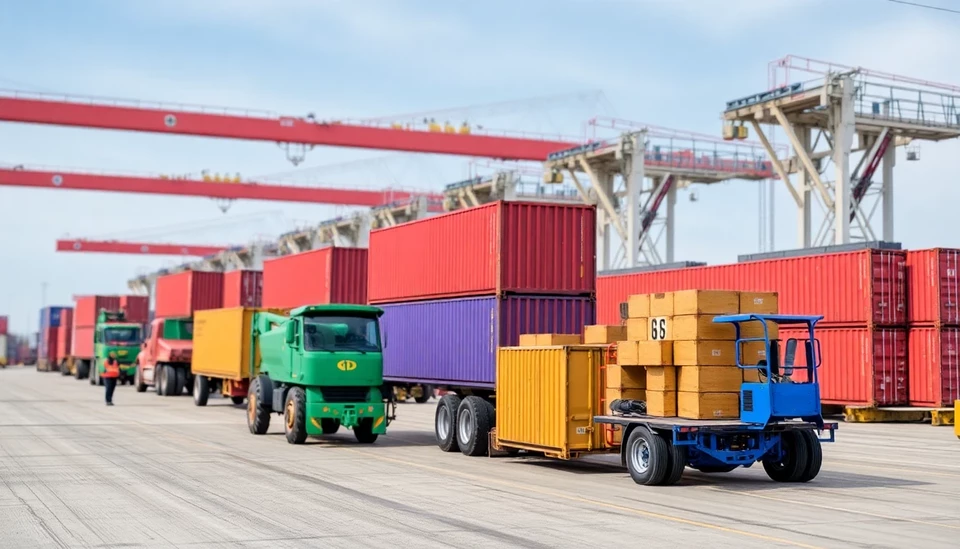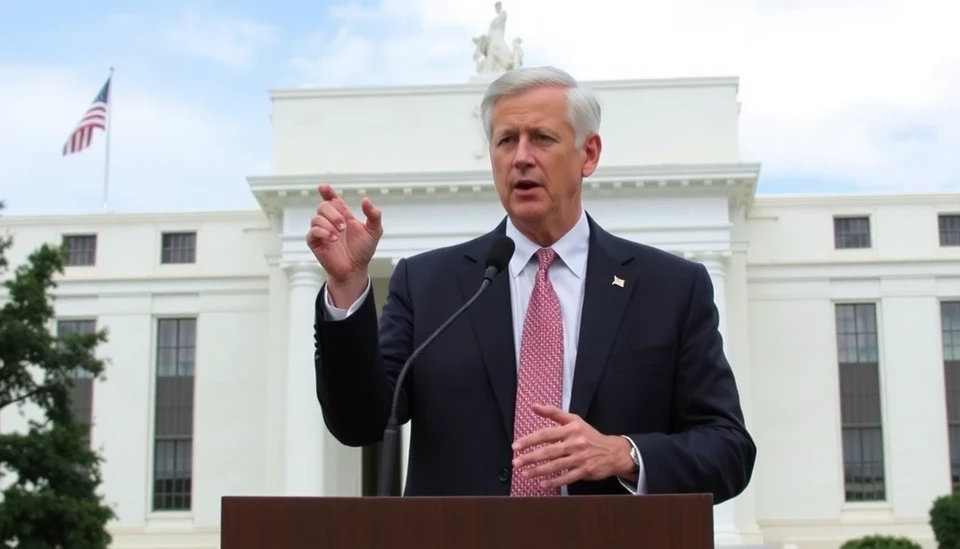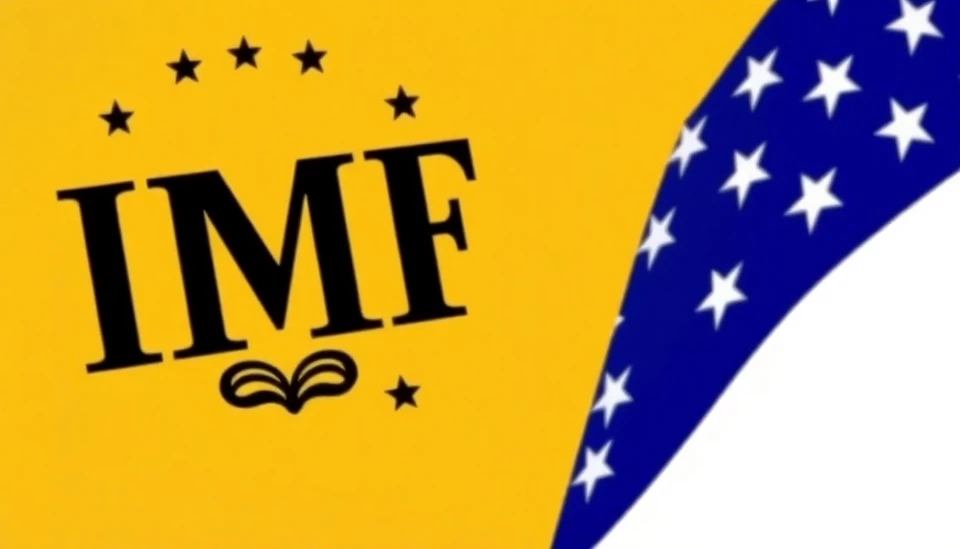
China Halts U.S. Pork Imports as Tariff Impact Triggers Price Surge
In a surprising turn of events, China has announced the cancellation of several shipments of U.S. pork, a move attributed to the escalating tariffs that have significantly inflated prices. The decision signals a worrying trend in trade relations between the world's two largest economies, particularly amidst an ongoing backdrop of heightened tensions.
Continue reading
U.S. Capital Goods Orders Experience Modest Growth Amid Tariff Concerns
In a climate marked by uncertainty surrounding international trade policies, the latest figures have revealed that orders for U.S. capital goods saw only a slight increase. This cautious uptick reflects businesses' apprehension regarding potential tariffs and their subsequent impact on future investments. According to the report released by the Commerce Department, new orders for non-defense capital goods, excluding aircraft, rose by just 0.3% in March, trailing behind economists' expectations for a growth of 0.5%.
Continue reading
Spain’s Cuerpo Upholds Ties with China Amid Tensions with the U.S.
In a striking move that underscores Spain's diplomatic balancing act, the body of Spain's foreign relations, known as Cuerpo, has publicly reaffirmed its commitment to maintaining a strong relationship with China. This decision comes at a time when the United States and China are grappling with escalating tensions over a variety of geopolitical issues.
Continue reading
Significant Decline in US Existing Home Sales Marks Longest Slide Since 2022
In a troubling turn for the real estate market, existing home sales in the United States fell sharply in March, marking the most substantial decline since the beginning of 2022. According to recent data, sales dropped by over 20% compared to the same month a year earlier as higher mortgage rates and inflated home prices continue to put pressure on prospective buyers. The National Association of Realtors (NAR) reported that this downturn is part of a broader trend impacting the housing market, raising concerns about its recovery in the coming months.
Continue reading
Federal Reserve's Hammack Signals Potential Rate Action in June
In a notable address, Federal Reserve Governor Michelle Hammack emphasized that clear economic data could drive the central bank to consider an adjustment to interest rates as early as June. The remarks come amid ongoing discussions about the Fed's monetary policy strategy and its responsiveness to changing economic indicators.
Continue reading
China's Growing Influence in Southeast Asia Disrupts US Supply Chain Strategies
China's significant investments in Southeast Asia are complicating U.S. plans to bolster its supply chains in the region. As the U.S. aims to reduce its dependence on China for essential goods, Beijing's embrace of countries like Vietnam, Indonesia, and Malaysia is not only enhancing its economic ties but also challenging the U.S.'s geopolitical objectives. The situation poses a potential setback for U.S. efforts to create a more resilient manufacturing ecosystem outside China.
Continue reading
ECB's Lane Dismisses Trade Tensions as Trigger for Economic Recession
In a recent statement, Philip Lane, the chief economist of the European Central Bank (ECB), expressed confidence that the current trade tensions will not lead to a recession in the eurozone. He pointed out that, despite rising concerns over economic slowdowns due to various geopolitical issues, the region's underlying economic fundamentals remain robust.
Continue reading
US Jobless Claims See Modest Increase, In Line with Expectations
In recent developments, the latest report on U.S. initial jobless claims showed a slight uptick, aligning closely with economic forecasts. For the week ending April 20, initial claims increased by 4,000 to reach a total of 248,000, a modest rise from the prior week’s figure of 244,000. This information, released by the Labor Department, indicates that the job market remains relatively stable despite ongoing economic uncertainties.
Continue reading
Norway's $1.7 Trillion Wealth Fund Faces Tech Stock Losses Amid Market Fluctuations
In a comprehensive financial report released recently, Norway's sovereign wealth fund, recognized as the largest in the world with assets totaling $1.7 trillion, has acknowledged a significant downturn driven predominantly by its investments in technology stocks. The report highlights that the fund experienced a notable decrease in value, attributed largely to volatility in the tech sector, which has been characterized by fluctuating investor sentiment and market dynamics.
Continue reading
US Support for IMF and World Bank Provides Much-Needed Stability Amid Global Uncertainties
In a move that has been received with widespread approval, the United States government has reaffirmed its commitment to the International Monetary Fund (IMF) and the World Bank. This endorsement is seen as a significant step towards stabilizing the global financial system, especially in light of recent economic turmoil stemming from geopolitical tensions and internal challenges facing various nations.
Continue reading